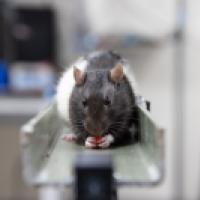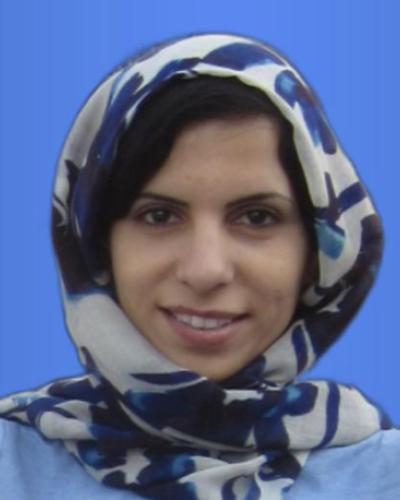Two Cornell faculty members are among 31 early-career academics from across the U.S. who have been named Freeman Hrabowski Scholars by the Howard Hughes Medical Institute (HHMI), in recognition of their potential to become leaders in their research fields and to create diverse, equitable and inclusive lab environments where everyone can thrive.
The inaugural cohort of Freeman Hrabowski Scholars, announced May 9, represent 22 academic institutions.
The Cornell scholars are Elizabeth Johnson, assistant professor of molecular nutrition in the College of Agriculture and Life Sciences; and Madineh Sedigh-Sarvestani, who will join the College of Arts and Sciences in July as an assistant professor in the Department of Neurobiology and Behavior.
“Each of our Freeman Hrabowski Scholars has demonstrated their unique potential to advance cutting-edge science and carve out pathways for the inclusive development of postdocs, students and other researchers,” said Leslie Vosshall, HHMI’s vice president and chief scientific officer. “We are thrilled to welcome this inaugural cohort to HHMI, and we are proud to support each scholar’s contributions to the broader scientific community in the years to come.”
Each Freeman Hrabowski Scholar will be appointed to a five-year term, renewable for a second five-year term after a successful progress evaluation. Each will receive up to $8.6 million over 10 years, including full salary, benefits, a research budget and scientific equipment. In addition, they will participate in professional development to advance their leadership and mentorship skills.
Johnson, who joined the Cornell faculty in 2018 after serving as a postdoctoral researcher at Cornell for four years in the lab of Ruth Ley, studies how beneficial gut bacteria contribute to the optimal development of infant immunity and digestion. These bacteria rely on nutrients in human milk to survive in the human gut and can produce health-promoting chemical signals from these dietary inputs.
Her work focuses on how a deep biochemical understanding of the gut microbiome during early life can provide insight into the essential nutrients needed for microbiome-dependent health throughout life.
Johnson received a bachelor’s degree in biology from Spelman College in 2008, and her Ph.D. in molecular biology from Princeton University in 2014.
Madineh Sedigh-Sarvestani, currently a postdoctoral researcher at the Max Planck Florida Institute for Neuroscience, works to understand how brains and bodies work together to produce our perceptions and actions. Using state-of-the-art technologies, her lab monitors neural circuits that process visual input and determines how these circuits are shaped by the unique movement patterns of different species.
This approach allows the lab to take advantage of the diversity of brains, bodies and environments that exist in nature to unlock the brain-body interactions that derive meaningful information from the environment.
Sedigh-Sarvestani received her bachelor’s degree in engineering from Harvey Mudd College in 2005, and her Ph.D. in biomedical engineering from Pennsylvania State University.
HHMI hopes that, by fostering equitable and inclusive environments in their labs, the scholars will provide a strong foundation for their trainees’ future success in science.
HHMI, the largest private biomedical research institution in the nation, named the scholars program in honor of Freeman A. Hrabowski III, president emeritus of the University of Maryland, Baltimore County, and a major force in increasing the number of scientists, engineers and physicians from backgrounds underrepresented in science in the U.S.
To read the full article in the Cornell Chronicle.






